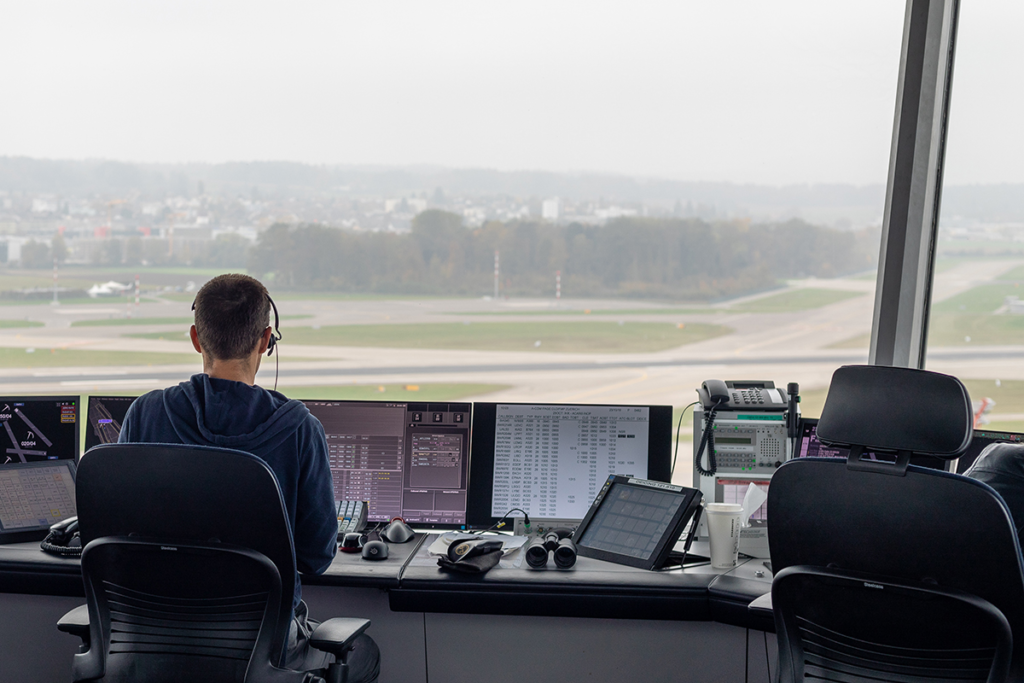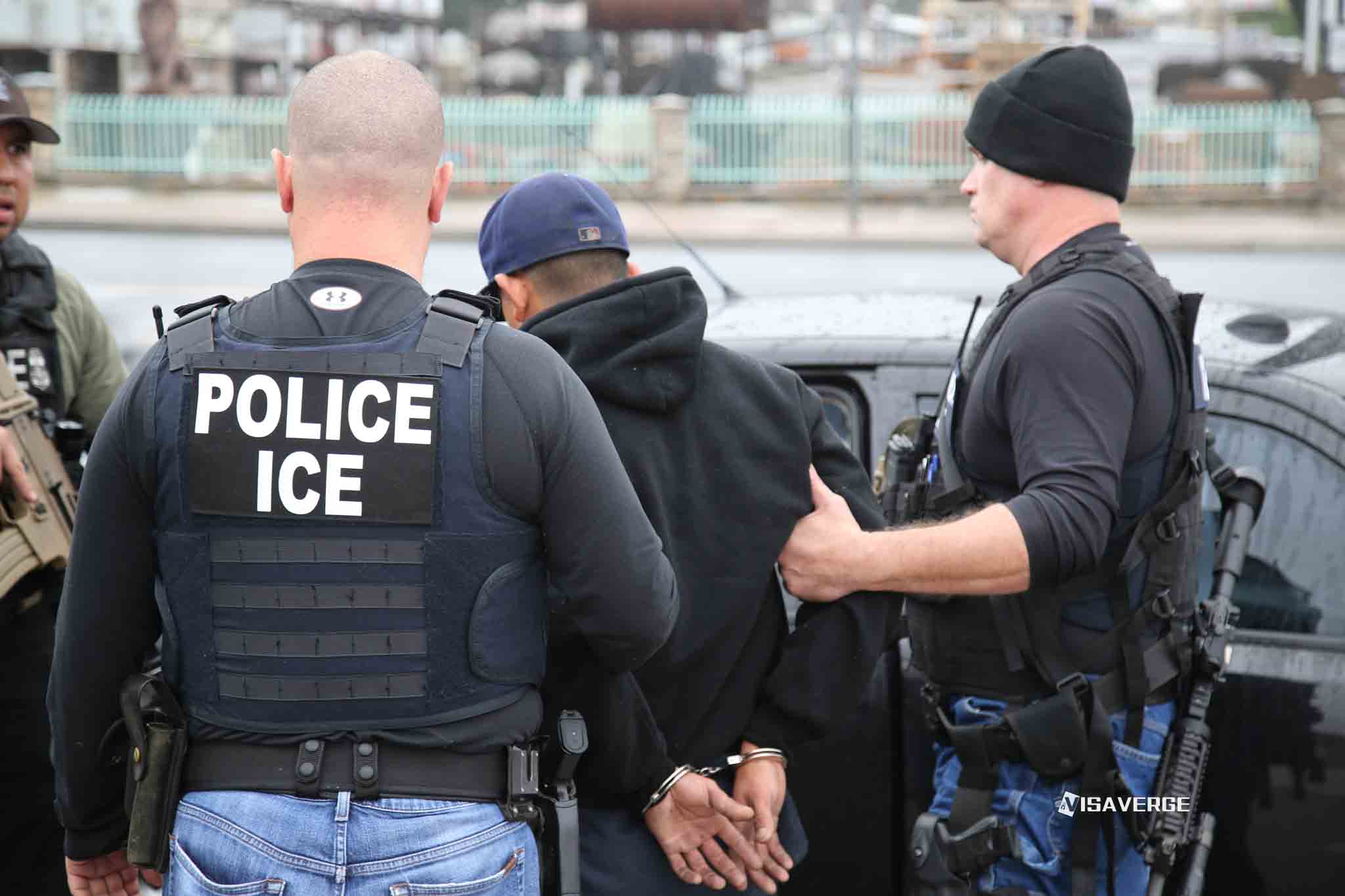The Federal Aviation Administration is paying $10,000 bonuses to just 776 air traffic controllers and technicians who kept perfect attendance during the 43-day government shutdown, triggering anger from unions and lawmakers who say thousands of others who also worked without pay have been unfairly left out.
The payments will go to 311 air traffic controllers and 423 Federal Aviation Administration technicians who did not miss a single shift during the shutdown, out of a workforce that unions say numbers in the tens of thousands. Nearly 20,000 other FAA employees who reported for duty but missed at least one day because of illness, family needs or financial strain will get nothing under the program.

Transportation Secretary Sean Duffy praised the select group in unusually celebratory terms.
“These patriotic men and women never missed a beat and kept the flying public safe throughout the shutdown,” he said, describing the $10,000 bonuses as “Santa’s coming to town a little early.”
The payments follow a public push by President Trump, who had floated the idea of rewarding federal workers with perfect attendance during the funding lapse and also suggested docking pay for those who missed work.
The shutdown lasted 43 days, halting paychecks for FAA staff who were required to keep working to maintain the country’s aviation system. According to unions, many air traffic controllers and technicians who are now excluded from the 10,000 bonuses scrambled to cover basic costs. Some picked up side jobs. Others could not afford child care or even gas to get to work and were forced to call out, despite knowing that absences could increase pressure on already thin staffing levels.
Those absences had visible consequences. With fewer controllers on duty, the FAA ordered airlines to cut flights at 40 major airports, leading to delays for passengers across the country. Officials stressed that safety was never compromised, but the pressure on the system and on individual employees was intense.
The National Air Traffic Controllers Association, which represents more than 10,000 controllers, said only a small fraction of its members will be rewarded. Of the 776 eligible employees, just 311 are controllers. In a pointed statement, the union said:
“We are concerned that thousands of air traffic controllers who consistently reported for duty during the shutdown, ensuring the safe transport of passengers and cargo across the nation, while working without pay and uncertain of when they would receive compensation, were excluded from this recognition. More than 311 of these dedicated professionals were instrumental in keeping America moving.”
The Professional Aviation Safety Specialists union, which represents FAA technicians, said 423 of its members would receive the bonus out of the thousands who worked through the shutdown. It argued that focusing only on perfect attendance ignores the scale of the effort required to keep radar, communications and safety systems running day and night while the government was closed.
“It took many hands to ensure that not one delay during the historic 43-day shutdown was attributed to equipment or system failures,” the union said, insisting that all technicians who worked through the shutdown should be recognized, not just the 423 getting bonuses.
On Capitol Hill, the plan has drawn criticism from Democrats who say the administration is pitting workers against each other instead of acknowledging a collective sacrifice. Representative Rick Larsen of Washington state, the top Democrat on the House Transportation and Infrastructure Committee, called the selective payments unfair.
“For the Trump administration to not give a bonus to every single one of these hardworking women and men is wrong; they all deserve a bonus and back pay,” he said.
The decision to limit bonuses to those with perfect attendance appears rooted in President Trump’s own comments during and after the shutdown. He publicly proposed $10,000 bonuses for workers who never missed a day and suggested that employees who did miss shifts could have their pay docked. FAA officials have not announced any penalties for absences, and there is no sign so far that workers who took days off because they could not afford gas or child care will see their pay reduced. But the federal agency has now closely followed the president’s attendance-based approach to rewards.
Unions say that approach ignores the reality of life for many federal workers during the shutdown. With paychecks halted, some employees had to choose between showing up for unpaid shifts or finding temporary paying work to cover rent, food and medical bills. Others were juggling school closures, sick children or long commutes that suddenly became unaffordable without a regular salary. In that context, union leaders argue, drawing a hard line around perfect attendance turns a crisis response into a contest, with thousands of committed workers effectively told their efforts do not count.
The FAA went into the shutdown already facing a staffing crisis. The agency has long struggled to keep enough certified air traffic controllers on duty, and unions say the 43 days of political deadlock made things worse. During the shutdown, some trainee controllers and students quit rather than endure weeks without pay. More experienced controllers chose to retire instead of waiting for another funding fight. Those who stayed often worked 10-hour shifts, six days a week to keep control towers and radar rooms staffed.
“There were people working those 10-hour shifts, six days a week, trying to keep the system running, and now many of them are being told they don’t qualify for this recognition because they missed one day,” said one union official, summarizing the frustration being voiced privately by members. (The source material does not provide a named quote here; this paraphrase reflects union complaints already cited.)
Despite those staffing strains, the agency and its workers managed to avoid any safety incidents linked to equipment failure during the shutdown. The Professional Aviation Safety Specialists union stressed that:
“not one delay during the historic 43-day shutdown was attributed to equipment or system failures,”
arguing that this record was the result of broad teamwork, not just the efforts of a few hundred people with perfect attendance.
The decision has also drawn comparisons to the Transportation Security Administration, where Homeland Security Secretary Kristi Noem announced $10,000 bonuses for TSA officers who went “above and beyond” during the shutdown. She did not specify how many officers would qualify or spell out exact criteria. At the FAA, by contrast, the line is crystal clear: only those with perfect attendance during the funding lapse will be paid.
Some workers and union representatives fear that such targeted rewards will deepen divisions inside already strained workplaces. At FAA facilities where teams share responsibility for airspace or technical systems, controllers and technicians who barely got through the shutdown together are now being separated into winners and losers based solely on attendance records. For the 776 who meet the criteria, the windfall is substantial, particularly after weeks without pay. For the nearly 20,000 others who also worked during that period, the message feels much colder.
The FAA has not detailed exactly how the bonuses will be processed or when the money will arrive, beyond saying that the program applies only to the shutdown period. Regular back pay for missed wages is handled under broader government rules for furloughed and excepted employees. Information on standard pay and benefits procedures remains available through the Federal Aviation Administration and other official channels, but the perfect-attendance bonus is a separate, one-time award.
Since the shutdown ended, controller staffing has improved somewhat, and airlines have resumed normal operations at the 40 airports that were ordered to cut flights during the crisis. But the arguments stirred by the bonus plan suggest that the effects of the 43-day government shutdown are still rippling through the aviation system. Unions warn that morale remains fragile and say the decision to focus rewards on perfect attendance may make it harder to recruit and retain the next generation of controllers and technicians.
For now, the administration is standing by the policy and highlighting the 776 workers set to receive the $10,000 bonuses. Supporters inside the government say these employees followed orders, absorbed intense stress and “never missed a beat,” as Secretary Duffy put it, at a time when the aviation system could easily have ground to a halt. Opponents argue that thousands of colleagues did much the same work under the same risks, differing only in whether they could afford to be there every single day.
The FAA plans $10,000 bonuses for 776 employees—311 controllers and 423 technicians—who had perfect attendance during a 43-day shutdown. Unions and Democrats criticize the selective awards because nearly 20,000 other FAA workers who also worked unpaid but missed at least one day receive nothing. Officials say recipients preserved safety amid staffing strains that forced flight cuts at 40 major airports. The decision renews debate over equitable recognition and possible impacts on morale and future recruitment.








